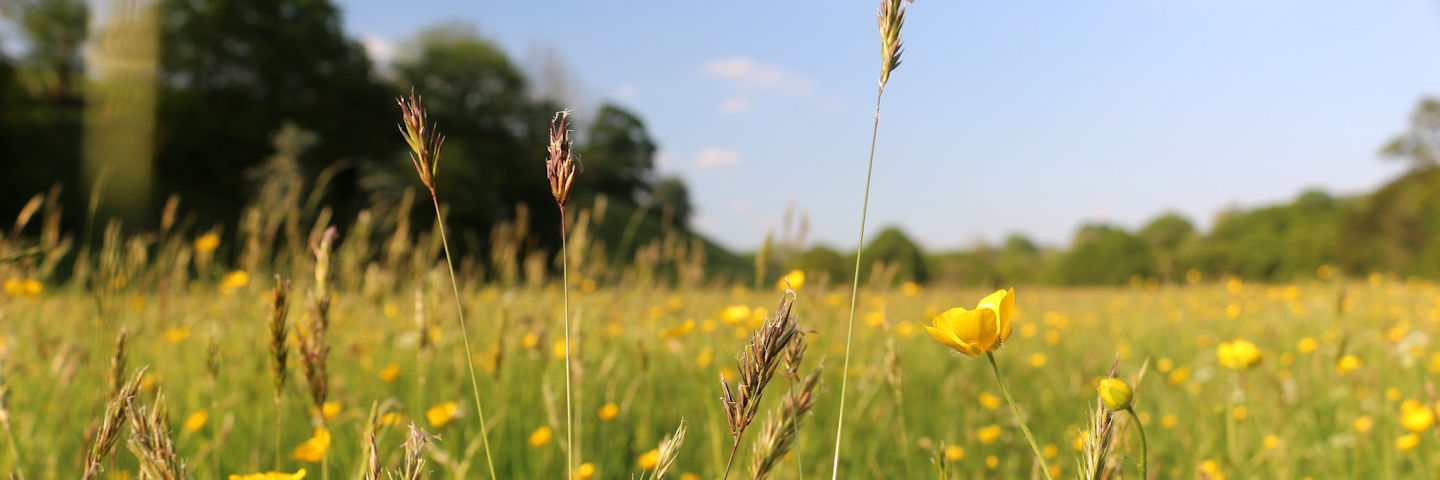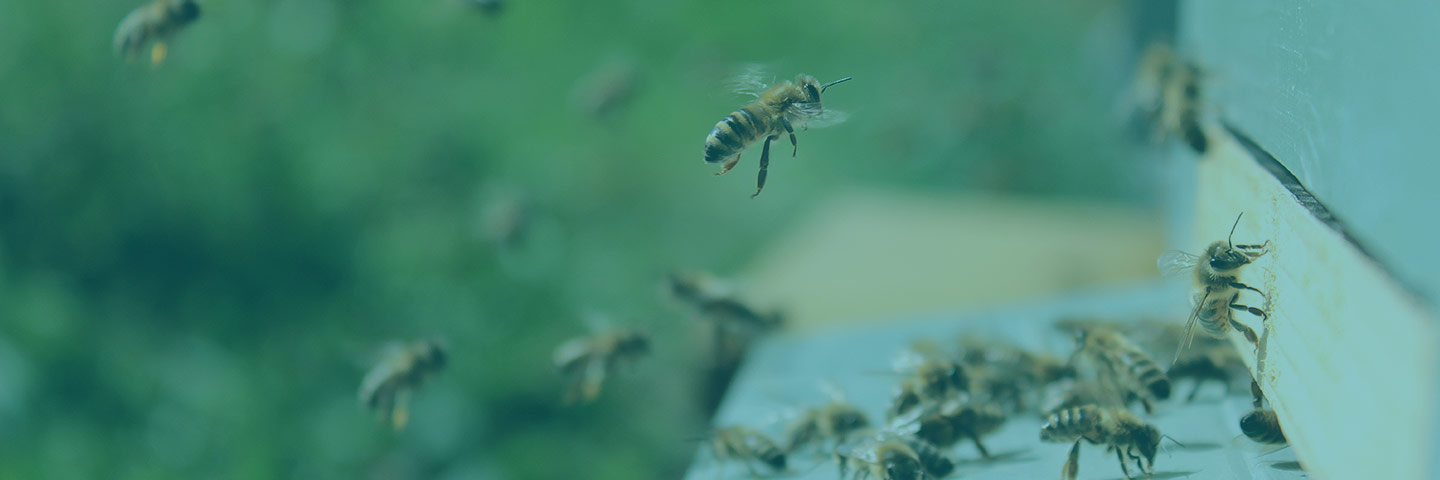
Visit our other sites
-
Fapas - Proficiency Testing
Globally recognised provider of proficiency tests, running over 400 tests annually across an extensive range of matrices and analytes
-
Great Crested Newts Testing
A single sample taken by an ecologist at any time during the newt breeding season can determine their presence or absence, saving you time and money
- Protecting essential pollinators to support sustainable, high-quality crop production.
- Contact Us Today

Fera offers a range of scientific services to help farmers,
plant-protection product manufacturers and policymakers to protect
pollinators and enhance both crop productivity and the environmental
sustainability of agriculture.
The activities of insect pollinators contribute up to £400 billion annually to global to crop production – improving crop yield, visual quality and even boosting nutritional content. Pollinating services are provided by a range of insect species including butterflies, bumblebees, hoverflies, honey bees and moths.
-
Biodiversity services to help farmers protect pollinating insects.
-
Support for sustainable, high-quality crop production.
-
Advice for policymakers on pollinator-friendly land management.
-
GLP-complaint testing for plant-protection products.
There are many ways that agriculture can come into conflict with pollinators, and it is essential to minimise these detrimental effects to avoid impacts on crop production and quality. Across Fera, we have the interdisciplinary expertise to understand the complex interactions at both the farm and landscape scale, and our scientists can help to shape pollination outcomes to support more sustainable crop production.
Pollinator research and development services

Services for farmers
Farming activities can disrupt pollinator conservation by altering the landscape and reducing the availability of nesting sites, or by using chemical crop treatments that maybe harmful to pollinators. Fera can help farmers to minimise the impact of their activities by offering a range of services based on our expertise and understanding of pollinator biology. We can help identify farming win-wins, where practices that embrace pollinators can lead to an improvement in crop productivity, and support sustainable farming practices through our biodiversity services such as pollinator resource provision, habitat management, identification, monitoring and stewardship.
Services for policymakers
Policy changes and land-management decisions can influence the availability of floral resources for pollinators. Fera ecologists specialise in habitat assessments and providing advice on government-funded schemes, helping to ensure that land-management and policy decisions enable pollinators to fulfil their nutritional and nesting requirements.
Pollinators also have to cope with a range of pests and diseases. Honey bees are known to suffer from mites as well as bacterial, viral and fungal infections. Working alongside the National Bee Unit, Fera offers world-class research, detection, surveillance and control services for honey bee pests and diseases. You can draw on our decades of experience in advising governments and the apiculture industry to help minimise risks to pollinators.


Services for chemical manufacturers
Our specialists in chemical safety testing have developed internationally recognised guidelines for honey bees, bumblebees and solitary bees. We can help you in the development and registration of new plant-protection products, by offering GLP-compliant tests to assess the risks posed by your products to bees and other pollinators. Our chemists can also assess pesticide residues, and the risks associated with (metabolic) breakdown products.
We are active participants in many testing method working groups and ring tests (e.g. ICPPR non-apis working groups), putting us at the forefront of bee testing. We also work closely with the National Bee Unit, which gives us access to a range of resources to support our studies, including more than 150 colonies of honey bees and a highly skilled beekeeping team.
For more information on any aspect of our pollinator R&D, please contact us.
Why choose Fera?
We undertake a range of research projects across various disciplines within the agricultural sector.
-
We have scientific heritage that stretches back over 100 years
We have the scientific expertise to preform industry leading research
-
We publish over 100 peer-reviewed papers per year.
Our extensive research activities are well documented across a range of well respected journals.
-
We test and analyse over 90,000 samples per year
Our impressive campus offers the ideal facilities to perform a range of desired research activities.
-
We have collaborated on 33 EU projects working with over 440 partners
As a global collaborator co-ordinating 16 major projects in the last 5 years, we can bring our extensive expertise and experience to your project


Copyright © 2025 Fera Science Limited (“Fera”). All rights reserved.
For further information about how Fera uses any personal data collected from you, please see our Privacy Notice at www.fera.co.uk/privacy-policy.

